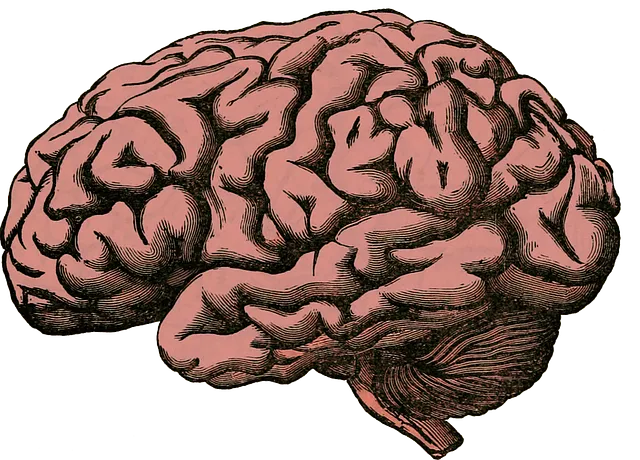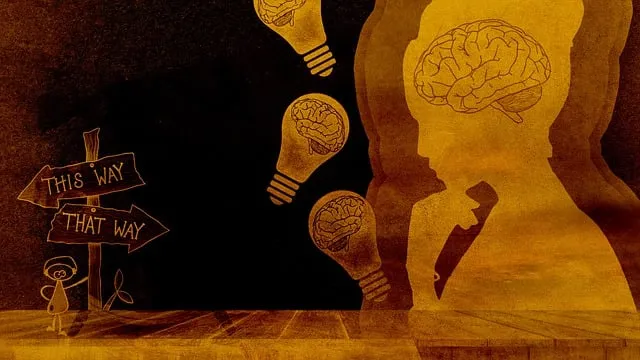Mental wellness app development, driven by institutions like the Kaiser Permanente mental health department in Parker, Colorado, offers personalized, evidence-based support for diverse mental health needs. By integrating community engagement, iterative design, and rigorous testing, these apps reduce stigma and enhance accessibility. Parker, as a part of Kaiser Permanente, provides a user-friendly interface for tracking moods, identifying triggers, and gaining insights through data-driven approaches. Prioritizing user privacy, data security, and cultural sensitivity, such as incorporating stress management workshops and compassion cultivation, ensures effective mental wellness solutions aligned with regulations like the Parker Act.
“Unleash the power of digital wellness with our comprehensive guide to Mental Wellness App Development. This article explores a strategic approach, highlighted by the innovative collaboration between Kaiser Permanente’s Mental Health Department and cutting-edge tools like Parker. Discover how these partnerships are revolutionizing access to mental health support through mobile applications.
From privacy and security best practices to the integration of advanced features, we delve into key aspects shaping the future of digital mental health solutions, including insights on Parker’s role in enhancing user experiences.”
- Understanding Mental Wellness App Development: A Comprehensive Guide
- The Role of Kaiser Permanente's Mental Health Department in App Creation
- Integrating Parker into Mental Health Apps: Features and Benefits
- Ensuring Privacy and Security in Mental Wellness Mobile Applications
Understanding Mental Wellness App Development: A Comprehensive Guide

Mental wellness app development is a burgeoning field aimed at addressing diverse aspects of mental health and well-being. These applications leverage technology to provide accessible and personalized support, filling a critical gap in traditional healthcare services. By integrating evidence-based practices, such as Conflict Resolution Techniques and Coping Skills Development, these apps offer practical tools for managing stress, anxiety, and other common mental illness symptoms.
A comprehensive guide to this process begins with understanding the target audience’s needs, often informed by insights from institutions like the Kaiser Permanente mental health department. Developers must also consider the role of community engagement in Mental Illness Stigma Reduction Efforts, ensuring that apps are inclusive and sensitive to users’ diverse experiences. Through iterative design and rigorous testing, developers can create effective solutions that enhance users’ mental wellness, making them an invaluable resource in today’s digital landscape.
The Role of Kaiser Permanente's Mental Health Department in App Creation

The Kaiser Permanente Mental Health Department plays a pivotal role in shaping innovative solutions for mental wellness through app development. With a commitment to enhancing access and quality of care, they’ve been at the forefront of leveraging technology to support individuals’ mental health journeys. Their expertise lies in integrating evidence-based practices into digital platforms, ensuring apps cater to diverse needs. The department’s phone number in Parker, Colorado, serves as a central point for community members seeking guidance or resources.
Through their work, Kaiser Permanente combines the power of Communication Strategies with the Community Outreach Program Implementation to create inclusive and effective mental wellness apps. By incorporating Compassion Cultivation Practices, they foster environments that promote healing and growth, reflecting their dedication to holistically addressing mental health concerns.
Integrating Parker into Mental Health Apps: Features and Benefits

Integrating Parker into mental health apps offers a myriad of benefits for users seeking emotional regulation and positive thinking support. As part of the Kaiser Permanente mental health department, Parker provides a trusted resource accessible to a wide audience. Its user-friendly interface allows individuals to track their moods, identify triggers, and gain insights into their mental wellness patterns. This data-driven approach empowers users to take proactive measures in managing stress, anxiety, or depression.
Through interactive features, Parker facilitates mindfulness exercises, cognitive behavioral therapy techniques, and personalized coping strategies tailored to individual needs. By leveraging these tools within a digital app format, mental health support becomes more accessible, especially for those who may be reluctant to seek traditional therapy. Public awareness campaigns can further emphasize the importance of emotional well-being, encouraging users to embrace Parker as a valuable tool in their mental wellness arsenal.
Ensuring Privacy and Security in Mental Wellness Mobile Applications

As mental wellness apps gain popularity, ensuring privacy and security becomes paramount to protect sensitive user data. Developers must adhere to strict guidelines, such as those set by organizations like Kaiser Permanente’s mental health department, to safeguard personal information. Encryption techniques, secure storage methods, and robust access controls are essential components in building trust among users. Transparency about data usage practices is crucial; apps should clearly communicate how user data is collected, stored, and shared, ensuring compliance with privacy regulations like the Parker Act.
Cultural sensitivity plays a significant role in mental healthcare, and app developers must be mindful of this aspect to cater to a diverse user base. Incorporating features that accommodate different cultural practices and beliefs can enhance accessibility and effectiveness. Additionally, stress management workshops and compassion cultivation practices can be integrated into these apps to provide users with valuable tools for improving their mental wellness.
Mental wellness app development is a dynamic field, with innovative solutions playing a crucial role in enhancing access to care. As seen through Kaiser Permanente’s Mental Health Department’s involvement and the integration of Parker, these apps offer personalized support tailored to individual needs. With features like secure messaging and evidence-based tools, they foster resilience and improve mental health outcomes. However, prioritizing privacy and security remains paramount, especially with sensitive user data. By combining expertise, technology, and a user-centric approach, developers can create game-changing apps that make a tangible difference in people’s lives, making mental wellness resources more accessible than ever before.






